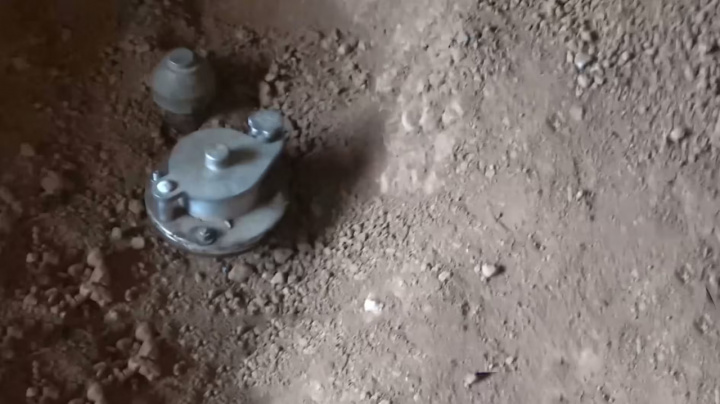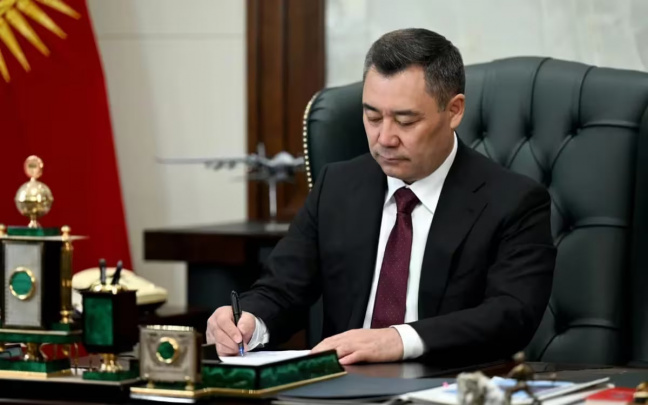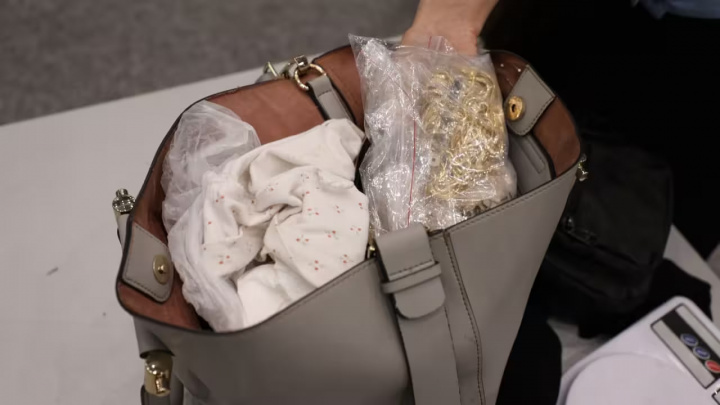Smuggled cars: Uzbekistan’s persistent customs loophole
Despite instructions and recommendations issued by the Customs Committee to all border checkpoints six months ago, the measures have proven ineffective: vehicles purchased under installment plans have once again been illicitly exported and sold abroad. This time, the cars were smuggled not to Kazakhstan, as in previous cases, but to Tajikistan. The individuals who facilitated the border crossings lacked the legal authority to drive these vehicles out of the country, mirroring patterns seen in earlier incidents.
An old scheme in a new market
The practice of smuggling vehicles purchased on installment plans to neighboring countries for resale is not a new form of fraud in Uzbekistan. Similar scams have defrauded victims in the past. For instance, the case of Abdulla Abdurasulov, covered in a two-part investigation by Kun.uz, remains vivid in public memory. Abdurasulov deceived nearly 50 individuals, smuggling their vehicles of various makes across the border to Kazakhstan through customs checkpoints, after which the cars vanished.
Six months later, a similar scheme has resurfaced, but with Tajikistan as the new destination. The perpetrators have primarily targeted high-value electric vehicles, such as BYD models.
A 33-year-old loophole
The fraudsters have exploited a long-standing gap in customs procedures, which has persisted for 33 years. The issue lies in the process of issuing a power of attorney, which grants permission to drive a vehicle registered in another person’s name. This can be formalized online or through a notary. However, when issued via the Unified Interactive State Services Portal, the power of attorney does not include authorization to take the vehicle abroad.
Prior to the Abdulla Abdurasulov case, Uzbekistan’s customs checkpoints did not verify whether drivers had the legal right to drive a vehicle, particularly to export it to another country. According to a Customs Committee representative, “The power of attorney for operating a vehicle is not included in the list of documents required to be presented to customs authorities. Current legislation does not mandate this. However, under Article 190 of the Customs Code, customs officers are entitled to request additional documents to verify provided information. This is a right, not an obligation.”
The committee’s press secretary, Husan Tangriev, stated six months ago that this issue had not arisen in the 33 years of the customs system’s operation, and that instructions and recommendations had been sent to all border checkpoints to prevent such incidents. However, it is now evident that this legislative and procedural loophole remains unaddressed.
The missing BYD HAN
A resident of Yukori Chirchiq district in Tashkent province, Dmitry Li, born in 1993, acquired a BYD HAN EV on an installment plan from Abduvahob Valiev on April 18, 2025. The vehicle was registered in the name of Farrukh Oripov, and an online power of attorney was issued to Li. That same day, Li allegedly drove the car through the Andarkhan customs checkpoint in Fergana province to Tajikistan. Using falsified documents, he registered the vehicle with Tajikistan’s customs service and sold it to a citizen named Ahmadjon Yusupov.
“Li’s phone is now disconnected, and when I visited his registered address, he no longer lived there. I’ve learned that he, along with several accomplices, has deceived others and smuggled their vehicles to Tajikistan for sale,” Valiev said.
Li purchased the BYD HAN EV for $45,100 on a 24-month installment plan, making an initial payment of $10,000.
“I lost two BYDs”
In another case, two BYD vehicles belonging to a single individual were smuggled across the border and sold in Tajikistan. These cars were also acquired on installment plans with initial payments of $3,000 each. One vehicle was driven out by Elyor Aslonov, a 1986-born resident of Bukhara, and the other by Vladimir Khvan, aged 39. The victim claims that Li, Aslonov, and Khvan are part of the same criminal group.
“The first car was taken from us on March 31, 2025, and passed through the Andarkhan customs checkpoint on April 2. The second was taken on April 3 and smuggled to Tajikistan via the Oybek checkpoint on April 4. When the monthly payment was due, they disappeared. We later found the buyers in Tajikistan, but the cars were nowhere to be found,” the victim stated.
The victim added that the number of people deceived by this group is significant, comparable in scale to the Abdulla Abdurasulov case. Victims fear the perpetrators may have already fled abroad.
“No power of attorney, no exit”
Kun.uz contacted the Customs Committee’s press service for clarification. According to the committee, instructions have now been issued requiring drivers to present a power of attorney proving ownership or the right to use a vehicle when exporting light vehicles through customs checkpoints.
“When it is determined that a light vehicle is being driven by someone other than the registered owner, the driver’s power of attorney is checked. If no power of attorney is provided, measures are taken in collaboration with the Traffic Safety Department. Vehicles without a power of attorney explicitly authorizing export are not permitted to leave the country until the situation is clarified,” the committee stated.
Additionally, during customs inspections, vehicle identification numbers (VINs) are verified against registration documents. The “E-Transit” information system has helped uncover some violations. For example, on January 28, 2025, a Lacetti driven by a foreign citizen under a foreign license plate entered Uzbekistan through the Malik checkpoint. On June 24, 2024, the same vehicle, now bearing an Uzbek license plate and driven by an Uzbek citizen, was identified as wanted during an exit attempt through the same checkpoint.
A similar incident occurred at the Gishtkuprik checkpoint, where a Cobalt, entering under a foreign license plate and driven by a foreign citizen, was later found to have been smuggled out earlier by an Uzbek citizen through the Yallama checkpoint and was also wanted.
The Customs Committee, in collaboration with the Ministries of Justice and Internal Affairs, plans to establish inter-agency data exchange by March 2026 to verify ownership or usage rights for vehicles */}
vehicles crossing borders. A technological guideline is being developed with the Ministry of Justice to facilitate this process. The Customs Committee has also proposed amendments to the electronic power of attorney issuance process via the Unified Interactive State Services Portal, which have been submitted to the Ministry of Justice.
Urgent action needed
The ability of individuals to drive vehicles they do not legally own across borders without proper authorization continues to enable fraud. Immediate measures are necessary to address this issue, or vehicles will continue to disappear across Uzbekistan’s borders.
Related News

16:22 / 22.07.2025
Authorities uncover 450-meter fuel smuggling tunnel on Uzbekistan–Kazakhstan border

16:14 / 19.07.2025
Kyrgyzstan ratifies treaty on tripoint border with Tajikistan and Uzbekistan

12:12 / 18.07.2025
Gold smuggler detained at Fergana border post with UZS 5.2 billion in valuables

18:19 / 03.07.2025



